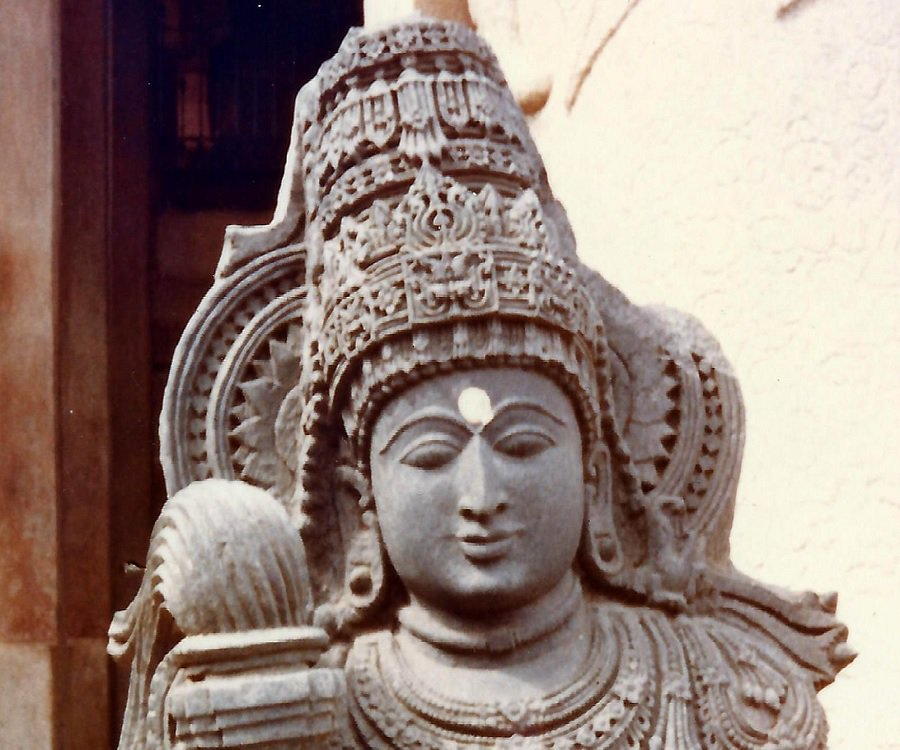India : Brief History

The history of India begins with human settlement that has been confirmed to over 9,000 years ago in the central Indian state of Madhya Pradesh. However, evidence of human activity shows the presence of Homo sapiens as long as 75,000 years ago and hominids from about 500,000 years ago. The Indus Valley Civilization, which spread and flourished in the north-western part of the Indian subcontinent from 3300 to 1300 BC, was the first major civilization in India.
The whole subcontinent was conquered by the Maurya Empire during the 4th and 3rd centuries BC. It subsequently became fragmented, with various parts ruled by numerous Middle kingdoms for the next 1,500 years. This is known as the classical period of India, during which India is estimated to have had the largest economy of the ancient and medieval world controlling between one third and one fourth of the world's wealth up to the 18th century.
The southern state of Kerala had maritime business links with the Roman Empire from around 77 AD. Islam was introduced in Kerala through this route by Muslim traders. Muslim rule in the subcontinent began in 712 AD when the Arab general Muhammad bin Qasim conquered Sindh and Multan in southern Punjab, setting the stage for several successive invasions between the 10th and 15th centuries AD from Central Asia, leading to the formation of Muslim empires in the Indian subcontinent such as the Delhi Sultanate and the Mughal Empire.
Mughal rule came to cover most of the northern parts of the subcontinent. Mughal rulers introduced middle-eastern art and architecture to India. The Mughal Empire suffered a gradual decline in the early eighteenth century, which provided opportunities for the Afghans, Balochis and Sikhs to exercise control over large areas in the northwest of the subcontinent until the British East India Company gained ascendancy over South Asia.
Beginning in the mid-18th century and over the next century, India was gradually annexed by the British East India Company. Dissatisfaction with Company rule led to the First War of Indian Independence, after which India was directly administered by the British Crown and witnessed a period of both rapid development of infrastructure and economic decline. During the first half of the 20th century, a nationwide struggle for independence was launched by the Indian National Congress, and later joined by the Muslim League. The subcontinent gained independence from the United Kingdom in 1947, after being partitioned into the dominions of India and Pakistan.

The history of India begins with human settlement that has been confirmed to over 9,000 years ago in the central Indian state of Madhya Pradesh. However, evidence of human activity shows the presence of Homo sapiens as long as 75,000 years ago and hominids from about 500,000 years ago. The Indus Valley Civilization, which spread and flourished in the north-western part of the Indian subcontinent from 3300 to 1300 BC, was the first major civilization in India.
The whole subcontinent was conquered by the Maurya Empire during the 4th and 3rd centuries BC. It subsequently became fragmented, with various parts ruled by numerous Middle kingdoms for the next 1,500 years. This is known as the classical period of India, during which India is estimated to have had the largest economy of the ancient and medieval world controlling between one third and one fourth of the world's wealth up to the 18th century.
The southern state of Kerala had maritime business links with the Roman Empire from around 77 AD. Islam was introduced in Kerala through this route by Muslim traders. Muslim rule in the subcontinent began in 712 AD when the Arab general Muhammad bin Qasim conquered Sindh and Multan in southern Punjab, setting the stage for several successive invasions between the 10th and 15th centuries AD from Central Asia, leading to the formation of Muslim empires in the Indian subcontinent such as the Delhi Sultanate and the Mughal Empire.
Mughal rule came to cover most of the northern parts of the subcontinent. Mughal rulers introduced middle-eastern art and architecture to India. The Mughal Empire suffered a gradual decline in the early eighteenth century, which provided opportunities for the Afghans, Balochis and Sikhs to exercise control over large areas in the northwest of the subcontinent until the British East India Company gained ascendancy over South Asia.
Beginning in the mid-18th century and over the next century, India was gradually annexed by the British East India Company. Dissatisfaction with Company rule led to the First War of Indian Independence, after which India was directly administered by the British Crown and witnessed a period of both rapid development of infrastructure and economic decline. During the first half of the 20th century, a nationwide struggle for independence was launched by the Indian National Congress, and later joined by the Muslim League. The subcontinent gained independence from the United Kingdom in 1947, after being partitioned into the dominions of India and Pakistan.

